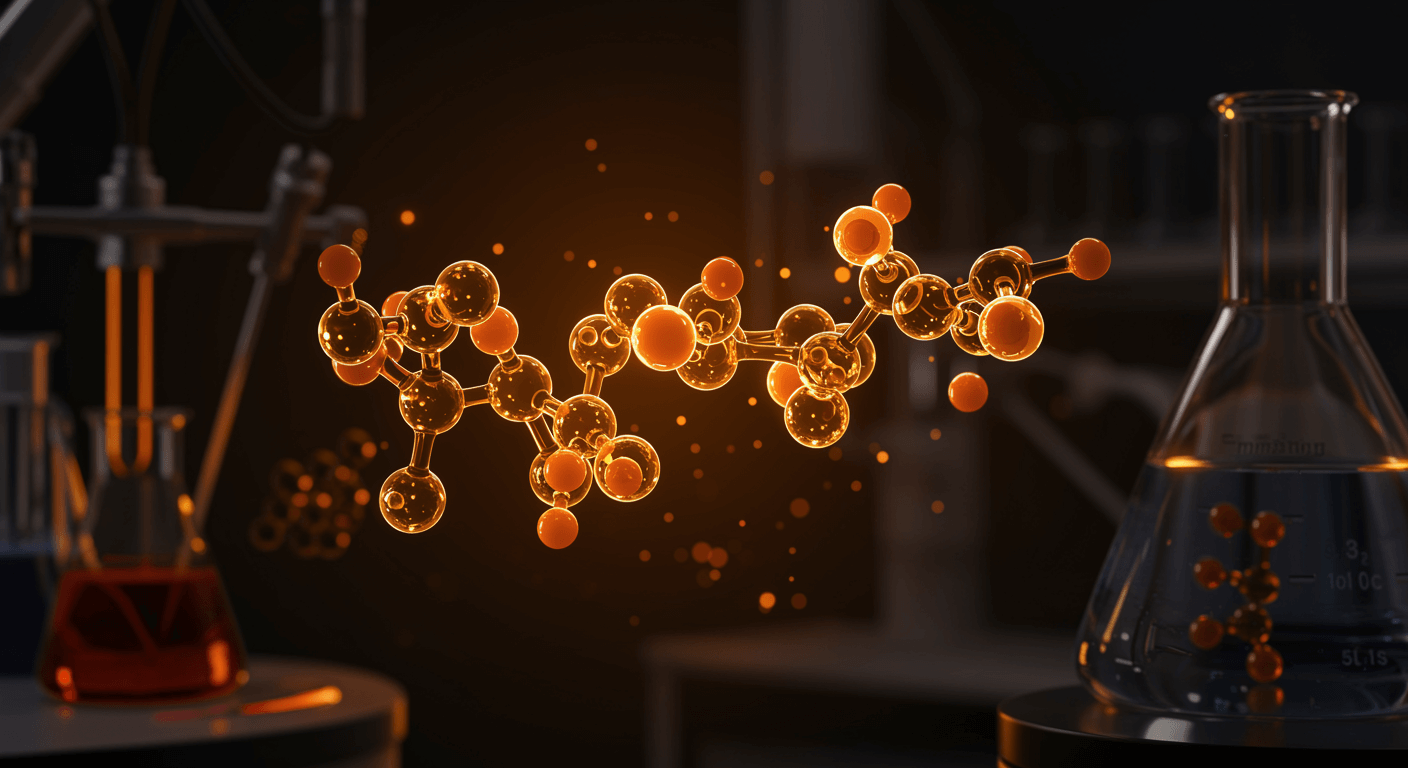EN590 10 ppm is a widely recognized diesel fuel specification that defines the quality, performance, and environmental compliance of diesel sold in many regions around the world, including the United Arab Emirates. For industries, logistics companies, and environmentally conscious consumers, understanding what EN590 10 ppm means is crucial for fuel selection, engine protection, and regulatory adherence.
What is EN590?
EN590 is a European standard developed by the European Committee for Standardization (CEN) that sets strict criteria for automotive diesel fuel. First introduced in 1993, the standard has evolved over time to align with advancements in diesel engine technology and tightening environmental regulations.
EN590 governs multiple fuel properties, including:
-
Cetane number (ignition quality)
-
Sulfur content
-
Flash point
-
Viscosity
-
Density
-
Lubricity
-
Distillation characteristics
The goal of EN590 is to ensure that diesel fuel is compatible with modern engines while minimizing emissions and enhancing efficiency.
What Does “10 ppm” Mean?
The “10 ppm” in EN590 10 ppm refers to the maximum sulfur content in the diesel fuel, measured in parts per million. Specifically:
-
10 ppm = 0.001% sulfur by weight
This ultra-low sulfur level is essential for reducing harmful emissions such as sulfur dioxide (SO₂) and particulate matter, both of which contribute to air pollution, acid rain, and respiratory issues.
Why is EN590 10 ppm Important?
-
Environmental Protection
Low sulfur diesel drastically reduces emissions of sulfur compounds and particulates, helping countries meet climate goals and improve air quality. -
Engine Compatibility
EN590 10 ppm diesel is formulated for modern diesel engines equipped with Diesel Particulate Filters (DPFs) and Selective Catalytic Reduction (SCR) systems. Higher sulfur levels would damage these emission control systems and cause premature engine wear. -
Fuel Efficiency and Performance
EN590-compliant diesel has a minimum cetane number of 51, ensuring better ignition, smoother operation, and improved combustion efficiency. -
Regulatory Compliance
In the UAE and many other countries, EN590 10 ppm is legally required for retail and commercial diesel, reflecting a commitment to clean fuel standards in line with international norms.
EN590 vs. Other Diesel Grades
| Specification | EN590 10 ppm (ULSD) | High-Sulfur Diesel (Legacy) |
|---|---|---|
| Sulfur Content | ≤10 ppm | 500–5,000 ppm |
| Environmental Impact | Low emissions | High emissions |
| Engine Compatibility | Modern engines with DPFs | Older engines only |
| Global Availability | Widely adopted | Phased out in many regions |
Where is EN590 10 ppm Used?
EN590 10 ppm is now the standard diesel grade in:
-
European Union
-
United Arab Emirates
-
United Kingdom
-
South Korea
-
Japan
-
Australia
-
Many parts of Africa, Asia, and South America
EN590 10 ppm represents the gold standard in clean diesel fuel. With ultra-low sulfur content and optimized properties for modern diesel engines, it supports better air quality, engine longevity, and compliance with environmental laws. Whether you are a commercial fleet operator, a logistics manager, or a retail diesel consumer, using EN590 10 ppm ensures you’re investing in a reliable, high-performance, and environmentally responsible fuel solution.




